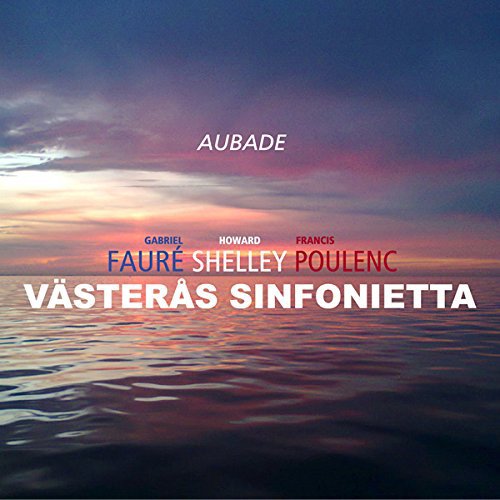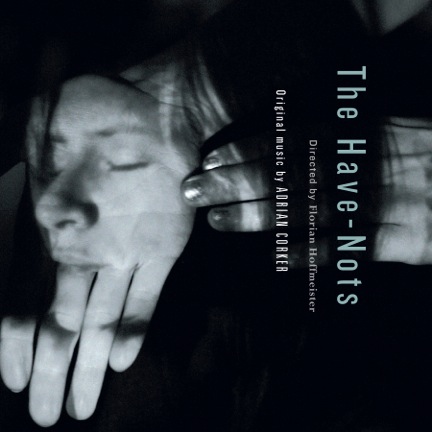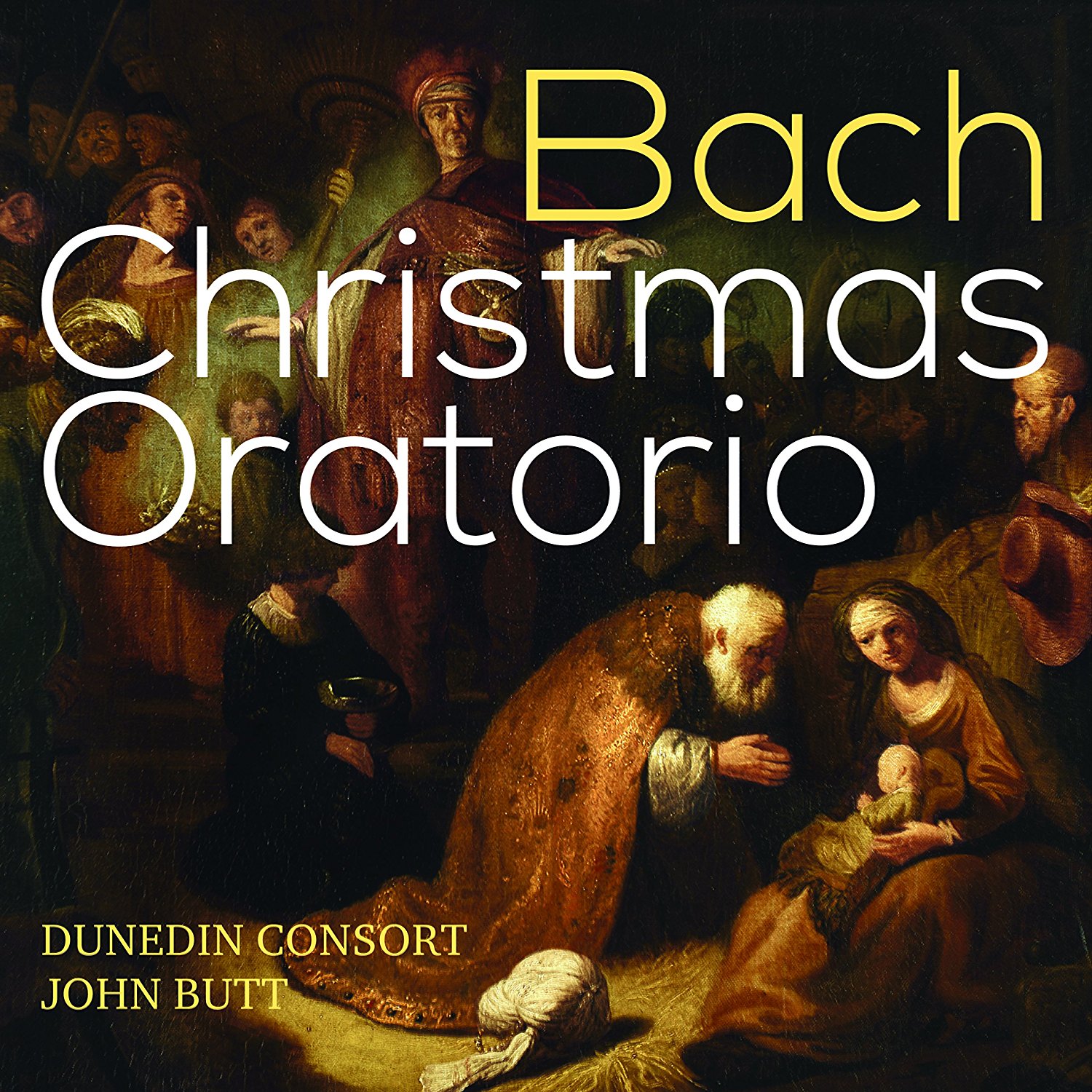What's not to like, or love, would have to be the sensible response to both the opening programme of Kings Place's year-long Cello Unwrapped festival at Kings Place and its life-enhancing execution.

 Aubade – Music by Fauré and Poulenc Västerås Sinfonietta/Howard Shelley (piano and conductor) (dB Productions)
Aubade – Music by Fauré and Poulenc Västerås Sinfonietta/Howard Shelley (piano and conductor) (dB Productions)

Revelations in the classical year never stop coming. Even the week before Christmas yielded two performances as good as you're going to get: the sheer effervescence and light-flourishing of Lucy Crowe in ecstatic Bach and Mozart with La Nuova Musica, and Sheku Kanneh-Mason in Haydn's C major Cello Concerto. So any sifting of 2016's musical riches needs to put the truly one-off packages at the top of the list.

 Adrian Corker: The Have-Nots OST (SN Variations)
Adrian Corker: The Have-Nots OST (SN Variations)

Sheku Kanneh-Mason isn't just BBC Young Musician 2016 - he's the year's top player in my books, a master at any level. Despite a contract with Decca, starting with the Shostakovich First Cello Concerto he played in the competition finale, he looks likely to remain loyal to family and friends, including the Fantasia Orchestra, founded this year, in which he's already played as part of the cello section.

Time was when the principal conductor of a top orchestra could afford to refine mastery of a small and familiar repertoire, covering a century and a half of music at most. The rest he (always he) would leave to loyal or youthful lieutenants. The days of such podium dinosaurs are numbered. The likes of Valery Gergiev, Mariss Jansons and Riccardo Muti are outflanked by colleagues, mostly a generation or two younger, who have been trained to view the entire history of Western ensemble music – at least three centuries’ worth – as the right and duty of an orchestra to promote.

Five seconds of cadenza in Mozart's Exsultate Jubilate would be enough to tell you that there's no more magical stylist among sopranos than Lucy Crowe. In an evening of Allelujas, Glorias and heartfelt Amens beautifully modulated by director of sprightly La Nuova Musica David Bates - henceforth David Peter Bates - hers was the central spot, and you wanted it to go on for ever.

Certain places and times are a vortex of creativity for music, collective fever points of innovation. Paris in the 1920s was one, New York in the 1970s another. Within a few years within a mile or two in Manhattan several music forms were essentially invented that went global – including disco, hip hop, punk and New York’s variant of salsa. It was also when the Minimalism of the likes of Philip Glass and Steve Reich began to find a large audience. As in Paris in the 1920s, uptown mixed it with downtown, the Talking Heads played art galleries and classicists hung out at CBGBs.


John Adams, let's face it, was the reason many of us came to hear the St. Lawrence String Quartet. Their performances and recordings as dedicatees of his labyrinthine First String Quartet and Absolute Jest, in which the four players function as soloist with orchestra, led to high hopes for the UK premiere of a second quartet. As it turned out, the yield was smaller beer than expected. What really hit home, for those of us who don't spend as much time as we should with the first and most varied quartet canon in the literature, was an early Haydn masterpiece.


 Bach: Christmas Oratorio Dunedin Consort/John Butt (Linn)
Bach: Christmas Oratorio Dunedin Consort/John Butt (Linn)